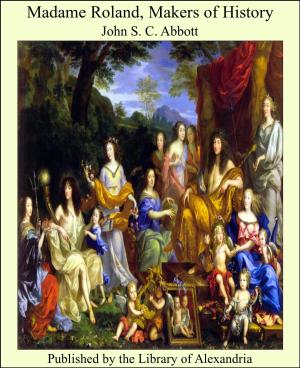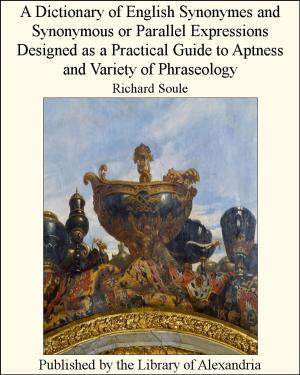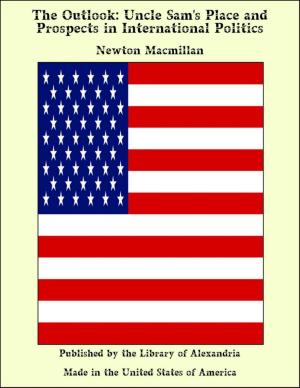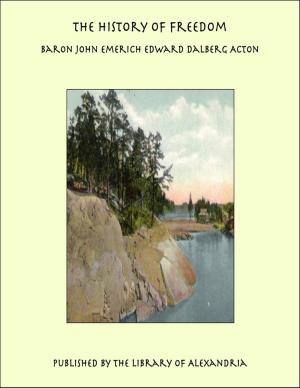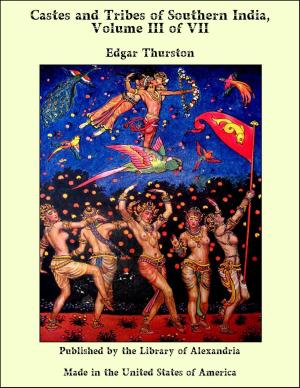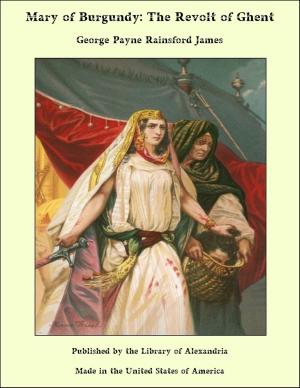The Fo-Sho-Hing-Tsan-King: A Life of Buddha by Asvaghosha Bodhisattva
Nonfiction, Religion & Spirituality, New Age, History, Fiction & Literature| Author: | Samuel Beal | ISBN: | 9781465576774 |
| Publisher: | Library of Alexandria | Publication: | March 8, 2015 |
| Imprint: | Language: | English |
| Author: | Samuel Beal |
| ISBN: | 9781465576774 |
| Publisher: | Library of Alexandria |
| Publication: | March 8, 2015 |
| Imprint: | |
| Language: | English |
HAVING been asked by the Editor of 'the Sacred Books of the East' to contribute to the series a volume from the Buddhist literature of China, I undertook, with some distrust, to translate from that language the PhÛ-yau-king, which is the second version of the Lalita Vistara, known in China, and dated A.D. 308. After some months of rather disappointing work I found the text so corrupt and imperfect, and the style of the composition so inflated, that I gave up my task, having completed the translation of six chapters (kiouen) of the text, out of eight. The editor being still desirous to have one book at least from the Chinese Tripitaka in his collection of translations (and more especially a translation of some Life of Buddha, the date of which could be fixed), kindly renewed his request, and proposed that the Fo-sho-hing-tsan-king, which professed to be a translation of Asvaghosha's Buddhakarita, made by an Indian priest called Dharmaraksha (or Dharmâkshara), about the year 420 A.D., should be substituted for the work first selected.
HAVING been asked by the Editor of 'the Sacred Books of the East' to contribute to the series a volume from the Buddhist literature of China, I undertook, with some distrust, to translate from that language the PhÛ-yau-king, which is the second version of the Lalita Vistara, known in China, and dated A.D. 308. After some months of rather disappointing work I found the text so corrupt and imperfect, and the style of the composition so inflated, that I gave up my task, having completed the translation of six chapters (kiouen) of the text, out of eight. The editor being still desirous to have one book at least from the Chinese Tripitaka in his collection of translations (and more especially a translation of some Life of Buddha, the date of which could be fixed), kindly renewed his request, and proposed that the Fo-sho-hing-tsan-king, which professed to be a translation of Asvaghosha's Buddhakarita, made by an Indian priest called Dharmaraksha (or Dharmâkshara), about the year 420 A.D., should be substituted for the work first selected.






